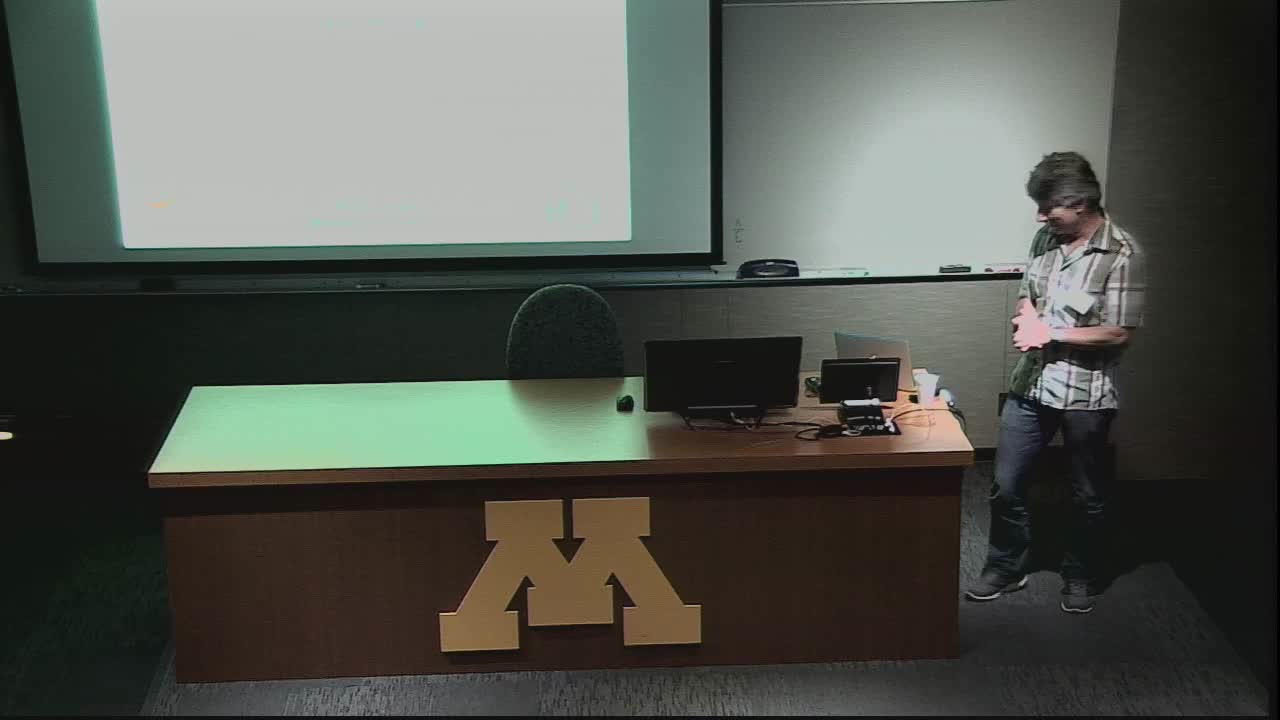Correlations and Adaptive Queueing in Enzymatic Networks
Presenter
June 27, 2015
Keywords:
- Systems biology
MSC:
- 92C42
Abstract
A major challenge for systems biology is to deduce the molecular interactions that underlie correlations observed between concentrations of different intracellular molecules. Although direct explanations such as coupled transcription or direct protein-protein interactions are often considered, potential indirect sources of coupling have received much less attention. In this work we show how correlations can arise generically from a post-translational coupling mechanism involving the processing of multiple protein species by a common enzyme. Using multiclass queueing theory for a stochastic model of the enzymatic network, we obtain a closed-form expression for the steady-state distributions of the numbers of protein molecules which allow us to deduce moments and correlations associated with this distribution. Strikingly, correlations peak near the balance-point where the total input rate of proteins into the system is equal to the maximum processing capacity of the enzymes. We further extend these results for the multi-component enzymatic networks and show that they also exhibit significant long-range correlations among all protein levels near balance. We also show that making enzyme levels adapt to protein load leads to strong correlations across a broad range of system parameters. We suggest that this adaptive queueing motif is widespread in biological systems.
